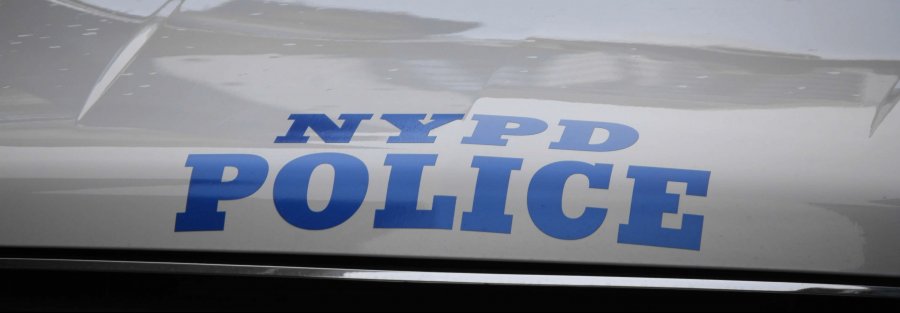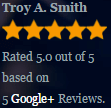With all of the focus on police misconduct, there has been plenty of attention in New York City. It is one of the most well-known departments in the nation, so that is no surprise. The records of police misconduct in New York City are so extensive that Wikipedia had to give it it’s own category with subcategories. Due to the growth of technology, we are seeing more videos and hear more stories about police misconduct. This doesn’t necessarily mean that it is happening more, only that it is becoming more visible. When everyone has a camera on their phone, it is easy to capture what is happening in the world. It is just as easy to post it on the internet for the world to see. You can read more about that here.
Police Misconduct Cases: Money
In the 2016 fiscal year, NYPD paid out $228 million for police misconduct. That is a third of all of the money that was paid out in lawsuits that year. This isn’t shocking when you consider that the Central Park Five received a $40 million settlement in 2014. Another $40 million was granted to five men allegedly accused of beating a cab driver in 1995. Akai Gurley was shot in a stairwell by a rookie cop in 2014, and in 2017 his family was paid $4 million. Protests at the 2004 Republican National Convention took ten years to pay out and resulted in nearly half a billion dollars. While the mistreatment of citizens is bad enough, think of all the taxpayers who are paying for apologies from the police department.
Police Misconduct Cases: Stigma
The rise of awareness of misconduct is causing a rift in the communities it affects. Some people are terrified of the police. Others feel that if you don’t side with the police, then you are against them. There is already a large divide politically, the heightened visibility of police misconduct seems to fall into that. While you cannot judge all police by the bad ones, it is the bad ones that are getting high visibility and causing them to appear to be the majority. The exposure of the problem is both a gift and a curse.
Police Misconduct Cases: Bad Arrests
A good example is this excerpt from a Gothamist article in 2016:
“In 2011, the height of the NYPD’s use of the stop-and-frisk tactic to put people up against the wall without probable cause, officers made 685,000 stops and 249,239 misdemeanor arrests. In 2015, they made just 22,939 stop-and-frisk stops and 192,567 misdemeanor arrests. Rankin said that for all the faults he finds with the police department, that pulling back from aggressive, sometimes quota-driven policing likely correlates with an overall decline in police abuse. If you look at the number of arrests in a given year, some portion of those arrests are bad arrests, so if the number has gone down, I don’t think it’s a stretch to say that the number of bad arrests has gone down.”
Police Misconduct Cases: History
While none of this is new, it has gained more exposure and more traction in recent years. Police misconduct and brutality goes back into the fifties and sixties. However, in many cases, it wasn’t reported because it wasn’t considered a crime. When it was, authorities often looked the other way. It wasn’t something that they talked about or investigated, let alone prosecuted. This became, even more, the case in the sixties and seventies. But, people started to talk more about rights and protesting. The difference is that now everyone has a camera on their phone. Everyone, now, has the ability to make a video and record the act; uploading it onto the internet for the world to see.
While some try to justify it, police misconduct is never ok. There are some that try to find different reasons that it happens, but the fact remains that it is wrong, regardless of the reason. The fact that there is a long history or it or that they are police only makes the problem an even bigger issue that needs more attention. Your attorney needs to know if police have mistreated you. It doesn’t matter if it was before you were formally in custody or if you were in jail. Your attorney is your voice to the court, and they are there to represent you. This also means that if you have suffered at the hands of the police, the court knows about it. There are far too many people who do not speak up. Not only is it wrong, but it is also something that should be a part of your case. Trusting your lawyer enough to tell them is important. They need to know all of the facts of the case. You can start your search here.












